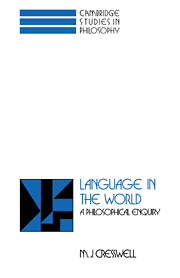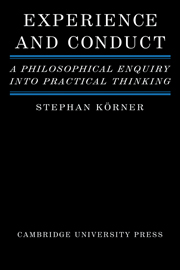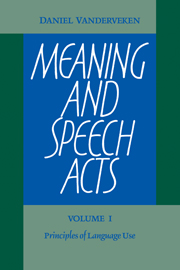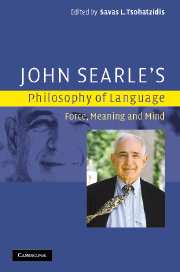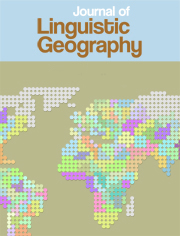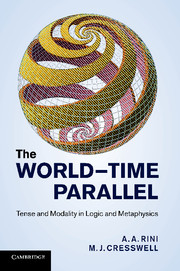Language in the World
What makes the words we speak mean what they do? Possible-worlds semantics articulates the view that the meanings of words contribute to determining, for each sentence, which possible worlds would make the sentence true, and which would make it false. M. J. Cresswell argues that the non-semantic facts on which such semantic facts supervene are facts about the causal interactions between the linguistic behaviour of speakers and the facts in the world that they are speaking about, and that the kind of causation involved is best analysed using David Lewis's account of causation in terms of counterfactuals. Although philosophers have worked on the question of the connection between meaning and linguistic behaviour, it has mostly been without regard to the work done in possible-world semantics and Language in the World is a book-length examination of this problem.
- Cresswell is a semanticist of international reputation. Best known publication is Logics and Languages (Methuen, 1973)
- This is the most philosophical of his works about language, focusing on intentionality and logic
- Engages with key work of American philosopher David Lewis in area of possible worlds and causation
Reviews & endorsements
"The discussion is extremely thorough and clear, and the dedicated reader with almost no technical sophistication will be able to gain a solid grasp of the system. This is an admirable accomplishment." The Philosophical Review
Product details
March 1994Hardback
9780521445627
172 pages
224 × 144 × 16 mm
0.332kg
Available
Table of Contents
- Preface
- Introduction
- 1. A simple formal language
- 2. Predicates and functors
- 3. The isomorphism problem
- 4. Quantification
- 5. Transmundism
- 6. Putnam's 'Meaning of 'meaning''
- 7. Lewis on languages and language
- 8. Causation and semantics
- 9. Belief-desire psychology
- 10. Direct knowledge
- References
- Index.

